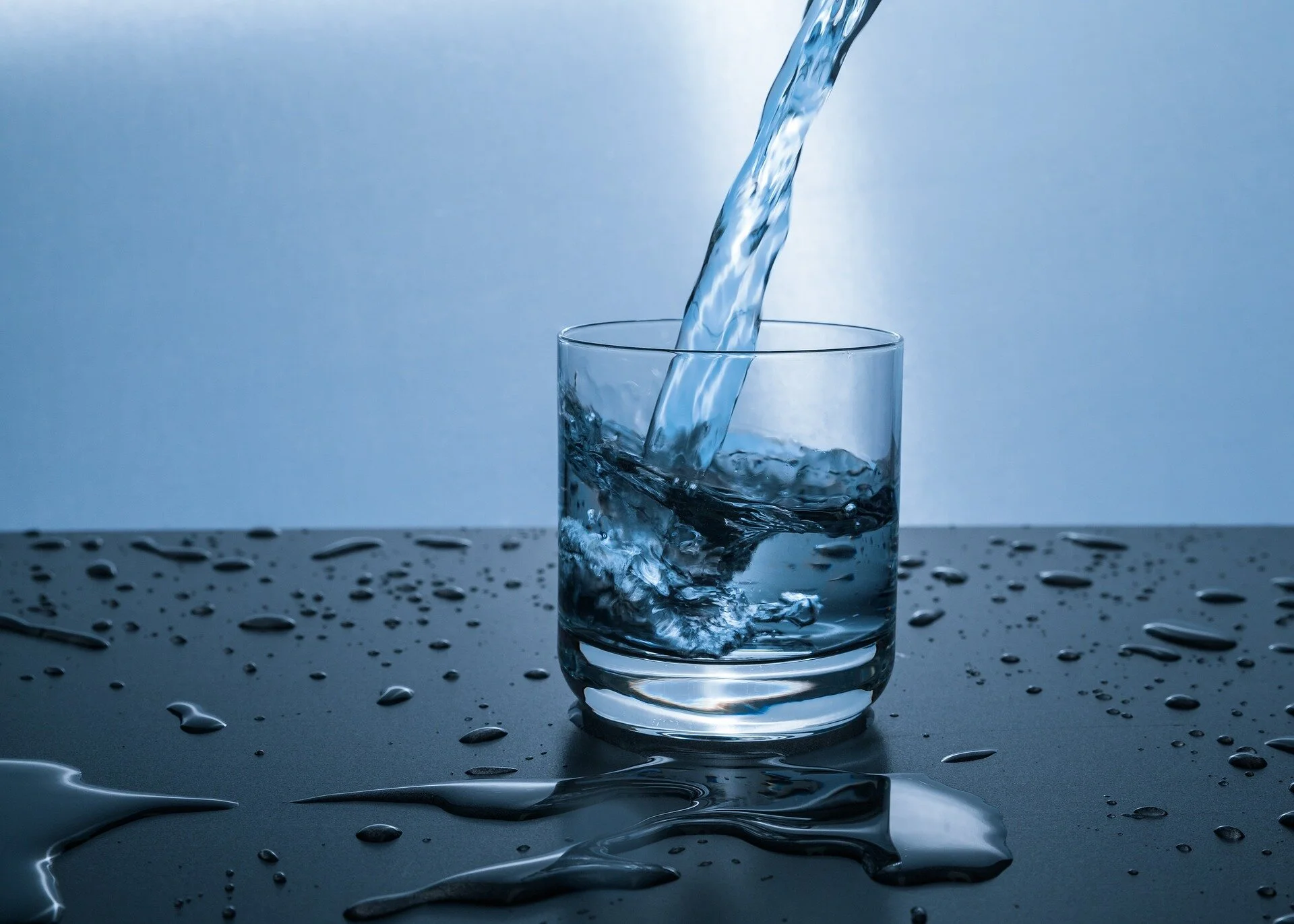Sustainability in the Beverage Industry
/A recent study by the Fraunhofer Institute ISI, about the top fifty trends influencing Europe’s food and beverage sector by 2035, fifteen items were closely linked to sustainability. What’s more, some of the world’s largest beverage manufactures have boldly set out their sustainability targets. By 2040, Heineken aim to have become entirely carbon neutral. Similarly Coca-Cola have committed to mass production of their PlantBottle™; produced from 30% plant based plastics. But what are the questions at the heart of sustainability in the beverage industry? And what technology will develop in response to our growing concerns relating to environmental protection?
Waste in Beverage Production
In the EU alone, annual food and beverage waste is estimated to be around 90 million tonnes. And in the US, food and beverage waste is equivalent to almost 40% of the entire food supply. These figures are alarming and have ignited change within the sector. Technology in the form of traceability software empowers manufacturers to track and record all data relating to their beverage production supply chain — across processing and distribution. And this software solution has a huge impact on how safe beverages are, and how much waste they produce. Traceability software, such as Cashmere Systems’ cutting edge solution, produces a full digital trace of a beverage product across its whole supply chain.
Saving Resources and Water Scarcity
Another important facet of sustainability in the beverage sector relates to saving resources by developing sustainable manufacturing processes which are energy efficient (more below). Also with UNICEF estimating that 884 million people worldwide lack access to safe drinking water, and with 1.8 billion people predicted to be living in countries or regions with absolute water scarcity by 2025, beverage producers need to focus on their water scarcity practices. According to the New England Water Innovation Network (NEWIN), shockingly it takes 170 litres of water to make up just half a litre of soda. In response, waste water recycling processes have developed. Using water treatment methods such as ultrafiltration and reverse osmosis, beverage manufactures can reduce water consumption in their operations by up to 80%.
Energy Consumption
According to Entrepreneur, the beverage industry uses 20 million barrels of oil each year just in the production of plastic bottles. But the beverage production process does provide a lot of opportunities to reduce energy consumption; using existing automating, monitoring and controlling processes to reduce carbon footprints. Beverage manufacturers should set specific energy goals, which will result in a reduction in energy consumption. This should be paired with investments in new technology to monitor the energy consumed during their manufacturing operations. Developing a culture of energy-efficiency within the workplace should be another top priority.
Transport
Transport is an important consideration when it comes to the cultivation of sustainable practices in the beverage industry. Heavy-goods vehicles are responsible for 25% of all CO2 emissions from transportation. And many of these vehicles transport beverages. Manufacturers who want to reduce their carbon footprint should collaborate with environmentally-friendly transport providers and select vehicles which are emissions-free.
If your food and beverage company is looking to scale and grow via ERP solutions, traceability and demand planing software, get in touch with Cashmere today!











